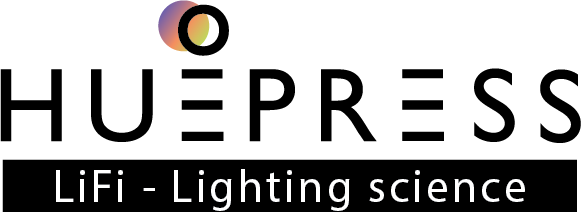Bookkeeping
How To Become A CPA: A Step-By-Step Guide
Education requirements are slightly different for those pursuing their CPA license; CPA candidates must achieve at least 150 credit hours throughout their academic career in higher education. If you have professional experience in accounting or a related field, you may be eligible for the CPA certification through the experience pathway. This pathway allows candidates to substitute a portion of the educational requirements with relevant work experience.
- Gaining relevant work experience helps prepare you for an accounting career by teaching you about accounting practices and developing applicable skills needed to become a successful CPA.
- This can be done on a part-time basis or through online programs, making it accessible for individuals with work or other commitments.
- They are also instrumental in designing the contents and procedure for the exam.
- If you’re unsure about any aspect of the requirements, consider reaching out to your state board for clarification.
A step-by-step to becoming a CPA
However, with the right resources and mindset, you can overcome any challenges and become a highly qualified CPA. Obtaining the prestigious Certifed Public Accountant (CPA) certification without an accounting degree is an attainable goal with the right mindset, determination, and a well-executed plan. While a traditional accounting degree may be the most common path, there https://www.quick-bookkeeping.net/ are alternative routes available for individuals with diverse educational backgrounds. When seeking relevant work experience, consider internships or entry-level positions in accounting firms or finance departments. Look for companies that provide exposure to different industries and clients to broaden your experience and understanding of diverse accounting practices.
How To Become A CPA: A Step-By-Step Guide
It’s important to carefully review the educational requirements of your state board of accountancy to ensure you meet all the necessary coursework criteria. If you’re unsure about any aspect of the requirements, consider reaching out to your state board for clarification. In addition to the educational requirements, many states also require candidates the difference between assets and liabilities to complete a certain number of credit hours in ethics-related courses. These ethics courses address the professional responsibilities and ethical considerations that CPAs must uphold. Many professionals who are interested in the accounting field, but have majored in another area, often wonder how to become a CPA without a degree in accounting.
Pass the Ethics Exam (not required in all states or jurisdictions)
This 16-hour exam includes multiple-choice questions, essay questions and scenario-based questions that require you to apply your knowledge to address specific workplace situations. This article provides a step-by-step guide on how to get a CPA license, including CPA degree, experience and exam requirements. While preparing for the CPA Exam accounts receivable and accounts payable may not be quick or easy, the guidance of Vishal ensures that candidates have the necessary tools, resources, and support to overcome challenges. The key to becoming a CPA without an accounting degree lies in dedication, motivation, and a well-executed study plan. Once you successfully pass the exam, it’s time to apply for your CPA license.
The good news is that all of your work experience does not need to be completed within the same company or organization. Most jurisdictions require that all work experience must have a proper sign-off, but this could be from multiple companies in different cities. You can also gain accounting experience without a degree through internships or entry-level roles. Many accounting firms offer roles for students or those in the early stages of their careers who don’t yet have extensive educational qualifications. Almost all states require at least a bachelor’s degree to start the CPA certification process. Jobs in auditing, bookkeeping, or even lower-level corporate accounting positions are often available to those without a CPA license.
After completing each section of the CPA exam, you will receive a score report. Upon successfully passing all four sections of the exam within the designated timeframe specified by your state board, you will be one step closer to achieving your goal of becoming a CPA. Remember, consistent and thorough preparation is key to performing https://www.quick-bookkeeping.net/unadjusted-trial-balance-example-purpose/ well on the CPA exam. Develop a study routine that works for you, leverage quality review materials, and regularly assess your progress to adjust your study plan as needed. With dedication, focus, and a well-structured approach, you can confidently tackle the CPA exam and move closer to attaining your CPA certification.
This requirement ensures that candidates have a well-rounded understanding of business principles and concepts beyond accounting. Each section of the CPA exam is designed to assess specific areas of expertise necessary for a CPA. The AUD section focuses on auditing knowledge and procedures, while the BEC section covers business concepts and the economic environment. The FAR section tests your proficiency in financial accounting and reporting, and the REG section assesses your understanding of federal taxation and business law. CPAs are trusted professionals who provide crucial financial and tax advice to businesses and individuals.
